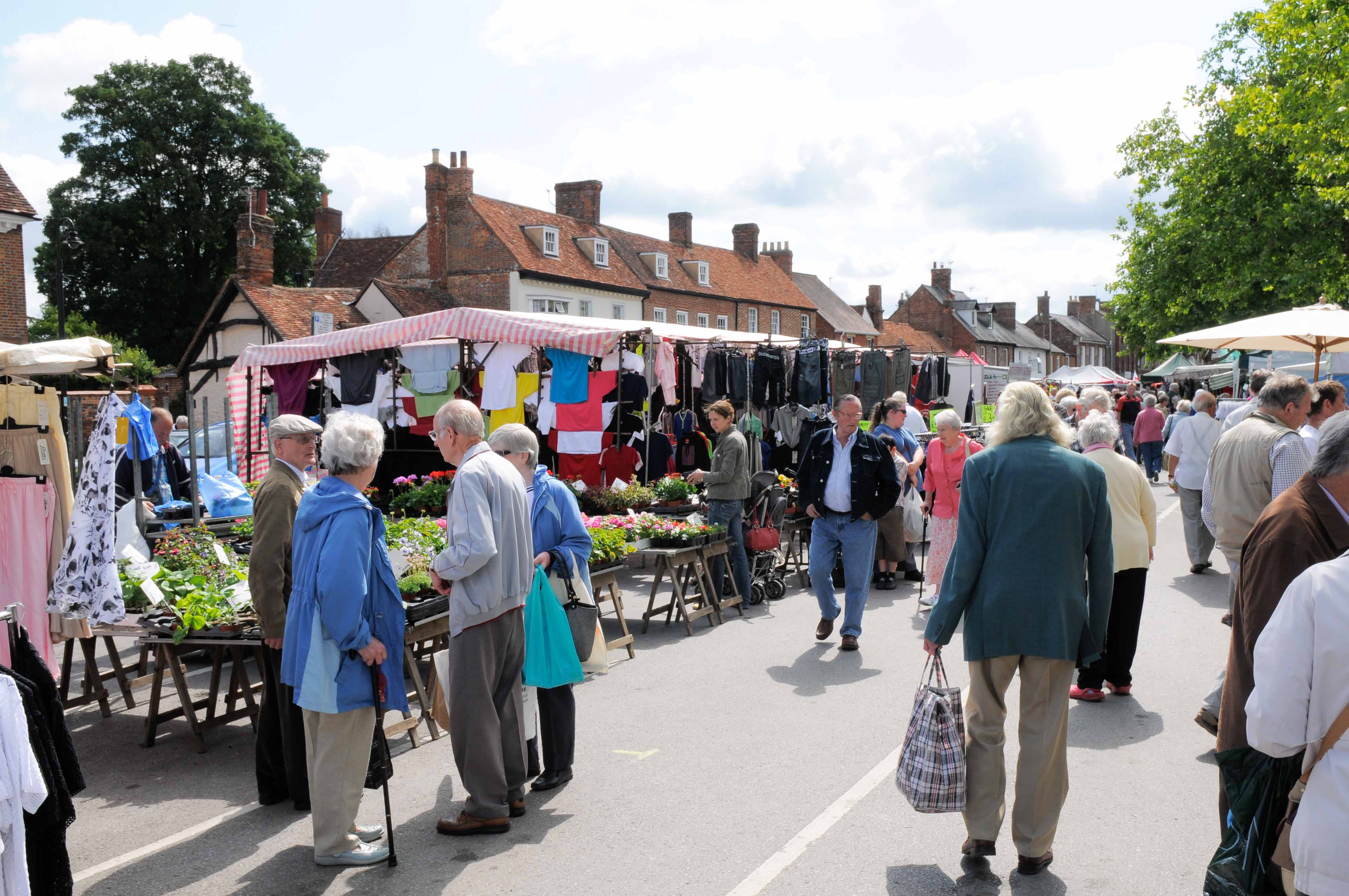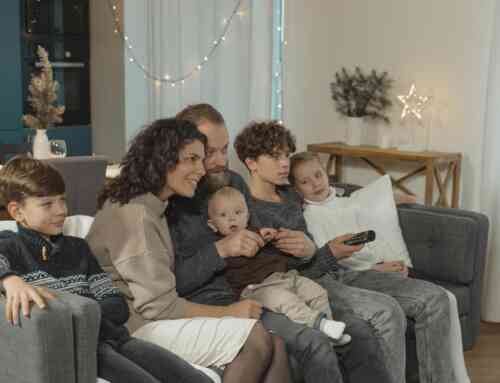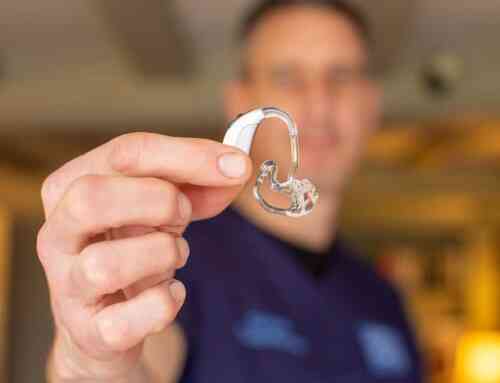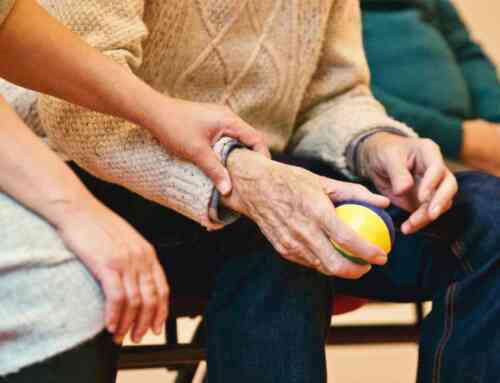Our hearing not being as sharp as it once was is one of the signs of ageing. The truth is our hearing starts to slowly change from our 20s. This is demonstrated by the retailer who played a very high frequency pitch outside his shop that only teenagers and younger people could hear – to stop them ‘hanging around’ without putting off his core customers who, being over the age of 25, did not hear the noise at all.
The sad fact about hearing decline is that it has been used as a marker of age and disability for too long. People associate hearing loss with ageing and will avoid admitting it is affecting them for literally years and years. Hearing aids still carry the burden of huge social stigma – and yet the truth is hearing technology will be a feature of everyone’ s lives in the future. The likes of Apple, Samsung and Panasonic are watching the market, starting to sneak hearing amplifiers into mobile phones as well as noise cancelling headphones becoming the norm. With the ability of hearing technology to seamlessly stream phone calls and audio whilst keeping us connected to the real world, it will not be long before attitudes start to change towards hearing technology.
We hope that the articles in our journal show that hearing loss can affect anyone at any time and age is just one factor.
What we try to impart on people is that a well managed hearing loss is what will keep you young. Treating your hearing proactively, accepting technology is the way to stay young, engaged and avoid the decline into social isolation.
The fact of the matter is that your hearing organ is affected by life, it is delicate and easily damaged. Presbyacusis is the medical term for an ageing hearing loss – it is literally the wearing down of the delicate hair cells of the inner ear so they are not quite as effective as they used to be. In other words, they need more volume to be stimulated. An ageing hearing loss tends to lose sensitivity in the higher frequencies initially, so you don’t lose the volume but you do start to lose clarity. The high frequency sounds in speech tend to be those that carry the information – such as ch, sh, p, t. This explains why we might start to find that people don’t speak clearly anymore, or the young speak too fast and mumble.
The other feature of an ageing hearing loss is that it is much more of a struggle to pick up and understand speech and conversation comfortably in difficult listening environments, such as big echoey rooms, places with background noise.
Even with the very best hearing technology available this will always be one of our biggest challenges.
Fatigue is another factor that is not commonly discussed. The listening effort required with any degree of loss is considerable. A comment we often hear in our consulting rooms is ‘just the effort of listening – physically exhausts me’.
So what is old age these days anyway – if 60 is the new 40 and in the next decade we are likely to be working well into our 70s, we will all need to be hearing well for longer in order to keep our jobs and employability.
Plus, what effect are the habits of the young having on their hearing? You rarely see people now without some form of gadget in their ears – they are continually plugged in. Parents use iPads to keep their very young children quiet in restaurants, at home and out and about. On a train these days you are in the minority if you are not in your own world listening to something through headphones. These new habits are having an effect on hearing – so before long old-age hearing will be kicking in much, much younger. We can’t ignore hearing for much longer.






